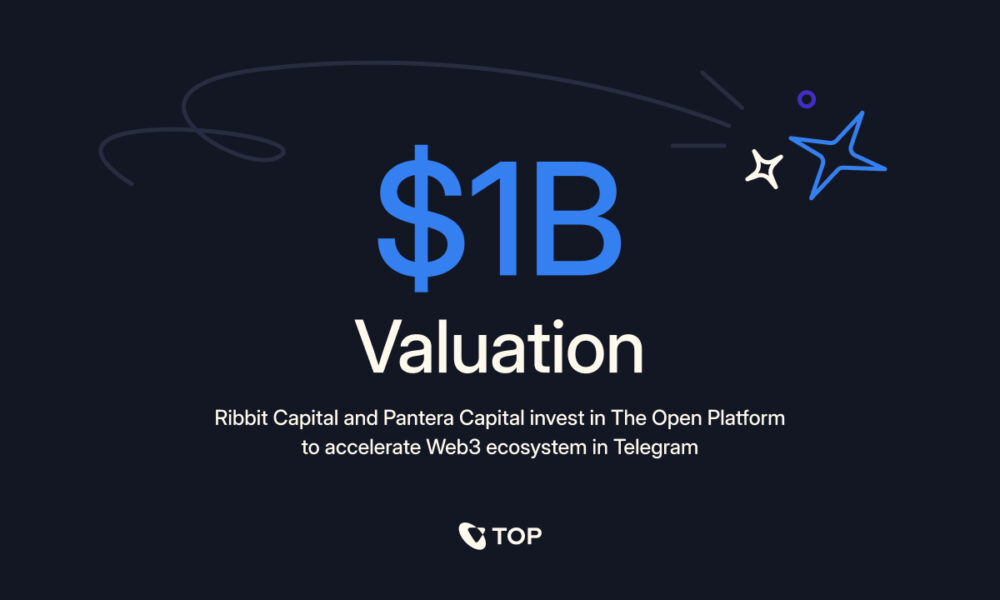In an increasingly interconnected world, cybersecurity has become a paramount concern for organizations of all sizes. With cyber threats evolving rapidly, traditional security measures often fall short of providing adequate protection. As a result, many organizations are turning to innovative solutions, one of which is crowdsourcing security. By harnessing the collective power of individuals, companies can enhance their cyber defense strategies, effectively identifying vulnerabilities and mitigating risks. This article explores the benefits of crowdsourcing security, highlighting its impact on cybersecurity practices and community engagement.
Understanding Crowdsourcing Security
Crowdsourcing security involves leveraging the collective intelligence and skills of a community to identify and address security issues. This approach allows organizations to tap into a diverse pool of talent, ranging from ethical hackers and cybersecurity experts to ordinary users, all working together to enhance security measures. Crowdsourcing can take various forms, including bug bounty programs, vulnerability disclosure policies, and community-driven security initiatives.
Bug bounty programs, in particular, have gained traction in recent years. These programs invite external security researchers to find and report vulnerabilities in an organization’s systems, often in exchange for monetary rewards or recognition. Major tech companies, including Google, Facebook, and Microsoft, have successfully implemented bug bounty programs, resulting in the identification of thousands of vulnerabilities that might otherwise go unnoticed.
The Benefits of Crowdsourcing Security
1. Access to a Diverse Skill Set
One of the most significant advantages of crowdsourcing security is the access it provides to a diverse range of skills and expertise. Cybersecurity is a multifaceted field, with new threats emerging daily. By engaging a broader community, organizations can tap into unique perspectives and approaches to problem-solving. This diversity can lead to innovative solutions that might not arise from internal teams alone.
For example, ethical hackers from various backgrounds may have different experiences and knowledge, enabling them to discover vulnerabilities in ways that an organization’s internal security team might not consider. This collaborative approach fosters creativity and helps organizations stay ahead of potential threats.
2. Cost-Effectiveness
Crowdsourcing security can be a cost-effective solution for organizations looking to enhance their cybersecurity posture. Traditional security measures, such as hiring full-time staff or engaging consulting firms, can be prohibitively expensive, especially for small and medium-sized enterprises (SMEs). Bug bounty programs and other crowdsourcing initiatives allow organizations to pay only for results—rewarding researchers for each identified vulnerability rather than incurring ongoing salaries.
Furthermore, by outsourcing vulnerability discovery to the crowd, organizations can reduce the burden on their internal security teams, allowing them to focus on other critical tasks, such as incident response and threat mitigation.
3. Accelerated Vulnerability Detection
In the fast-paced world of cybersecurity, speed is essential. Crowdsourcing security enables organizations to identify vulnerabilities more rapidly than traditional methods. With many eyes focused on a system, vulnerabilities can be discovered and reported much quicker, minimizing the window of opportunity for malicious actors.
For example, during a bug bounty program, multiple researchers may simultaneously analyze a system, increasing the likelihood of finding weaknesses in a shorter timeframe. This accelerated detection can significantly enhance an organization’s ability to respond to emerging threats and reduce the risk of exploitation.
4. Building a Stronger Security Community
Crowdsourcing security not only benefits individual organizations but also fosters a sense of community among cybersecurity professionals and enthusiasts. By encouraging collaboration and knowledge sharing, organizations can contribute to building a stronger security ecosystem. This community-driven approach helps establish best practices, share insights, and raise awareness about emerging threats.
Moreover, organizations that actively engage with the cybersecurity community can improve their reputation and foster goodwill. By recognizing and rewarding the efforts of ethical hackers, companies demonstrate their commitment to security and transparency, which can enhance customer trust and loyalty.
5. Enhancing Employee Awareness and Training
Involving the broader community in security initiatives can also have positive effects on internal teams. As employees observe and learn from the findings of external researchers, they become more aware of potential vulnerabilities and the importance of proactive security measures. This exposure can lead to improved security practices within the organization.
Additionally, organizations can leverage the insights gained from crowdsourced security efforts to inform their training programs. By analyzing the types of vulnerabilities identified, companies can tailor their training to address specific weaknesses and ensure that employees are equipped with the knowledge needed to prevent future issues.
Challenges and Considerations
While crowdsourcing security offers numerous benefits, it is not without challenges. Organizations must carefully manage their crowdsourcing initiatives to ensure they are effective and secure. Here are some considerations:
- Clear Guidelines: Establishing clear rules and guidelines for participants is crucial. Organizations should define the scope of the crowdsourced efforts, specify what types of vulnerabilities are acceptable to report, and outline the rewards system.
- Managing Expectations: Organizations must communicate their expectations to participants, including timelines for responses and the process for addressing reported vulnerabilities. Managing expectations can help prevent frustration and ensure a positive experience for all parties involved.
- Maintaining Security: Organizations must take steps to protect their systems and data during crowdsourced security efforts. This may include implementing safeguards to prevent unauthorized access and ensuring that sensitive information remains confidential.
Navigating the Complexities of Cybersecurity
As cyber threats continue to evolve, organizations must adapt their security strategies to stay ahead of potential risks. Crowdsourcing security presents a powerful solution by harnessing the collective intelligence of a diverse community. By leveraging the skills and expertise of ethical hackers and cybersecurity enthusiasts, organizations can enhance their cyber defense, accelerate vulnerability detection, and foster a stronger security community.
While challenges exist, the benefits of crowdsourcing security are substantial, making it an increasingly popular approach for organizations seeking to bolster their cybersecurity efforts. In a world where collaboration is key, crowdsourcing security exemplifies the power of collective action in safeguarding digital assets and protecting against the ever-present threat of cybercrime. Embracing this innovative approach can help organizations navigate the complexities of the cybersecurity landscape and build a more resilient future.



































